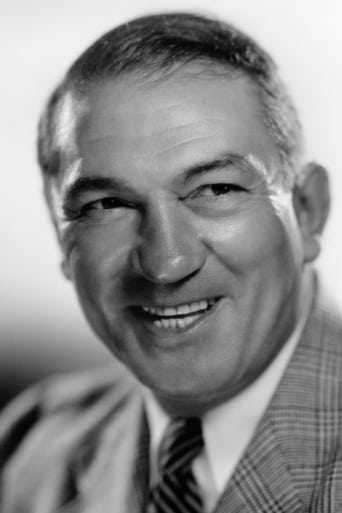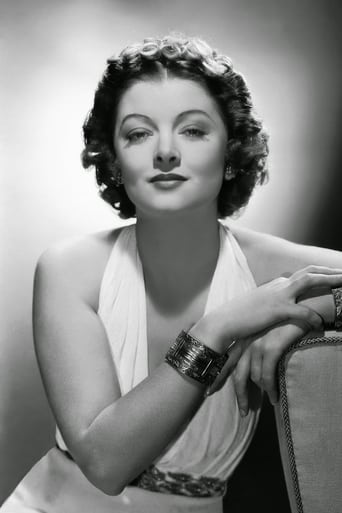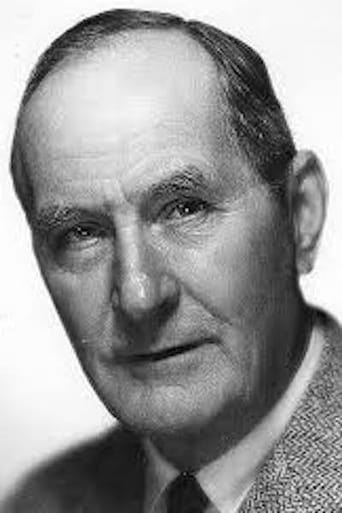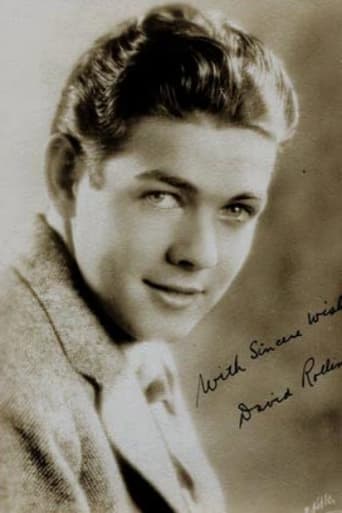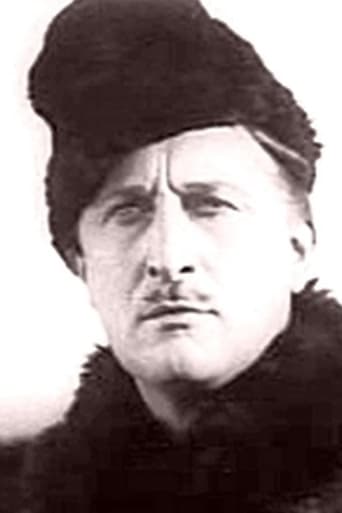JinRoz
For all the hype it got I was expecting a lot more!
Dorathen
Better Late Then Never
Stephan Hammond
It is an exhilarating, distressing, funny and profound film, with one of the more memorable film scores in years,
Guillelmina
The film's masterful storytelling did its job. The message was clear. No need to overdo.
dbdumonteil
Is it because it's the beginning of the talkies that both McLaglen's and Myrna Loy's playing are almost ridiculous ?One should forgive the actress for her part of an Indian Joan Of Ark -but a maid who is fond of men,we are told- is not exactly what you call the part of her life.All that takes place in a pasteboard India looks like a poor man's "lifes of a Bengal Lancer"(which would appear six years later):even two names (Mohammed Khan and McGregor) are used in both movies.On the other hand ,all that takes place in Scotland shows John Ford's touch :the manly camaraderie, the brothers in arm singing "Auld Lang Syne" before leaving for France (WW1),the officer wrongly accused of cowardice -his superior warns him:"you will be a pariah"-;and more prosaically ,the missus ' piece of advice to the private about his privates and the soldier confessing later that at least at war he was left alone.The scene of the crystal ball almost predates the one in Mankiewicz's "Cleopatra" when Julius Cesar is murdered.
xerses13
THE BLACK WATCH (1929) is John Ford's first full fledged sound picture. Previous efforts featured music, sound effects and some muffled voice overs. Here the dialog is clearly heard and sound effects do not trample over it. FOX had long been using 'sound on film' recording by Western Electric Sound System for their 'Movietone News'. This not only gave them practical experience in managing sound, but the system was simpler and better then its competitors such as WARNER BROTHERS' 'Vitaphone'. THE NUTS; Early in World War One (WWI) The Black Watch a Scottish Regiment is committed to the front. Captain King is detached under special orders to go back to India to quell a possible revolt near the Khyber Pass. Since it must be kept a secret, Captain King leaves under a cloud of suspicion and is considered a "shirker". King preservers and succeeds in his duty returning in honor to the regiment. For details watch the movie, it is worth watching, nuff said.Though the film is fairly pedestrian, John Ford gives it his usual panache. The Ford touches are particularly evident in his attention to the details of military traditions. If you did not know that it was Ford film you would have come to that determination in the first ten (10) minutes. The principals, Victor McLaglen (King) and Myrna Loy (Yasmani) and other actors handle their roles well enough for the time. You could see though they were getting used to the idea of sound dialog rather then the pantomime of the Silent Film. It is especially interesting to see Ms. Loy in her early erotic period before she became best friend and wife over at M.G.M. Film was later remade in 1953 in WideScreen as KING OF THE KHYBER RIFLES starring Tyrone Power. Rating IMDb Six******Stars.
bkoganbing
Most of the time criticism about film remakes will usually run to 'not as good as the original' and most time it isn't. In this case the 1953 remake of this story that Henry King did starring Tyrone Power was miles superior to this early sound feature.Later on Victor McLaglen got back to colonial India in better features like Gunga Din and Wee Willie Winkie also for John Ford. The only distinction this film has is it is John Ford's first talkie and it's a good thing someone decided to give him another chance.Neither film is true to the original novel by Talbot Mundy. This version takes place on the eve of World War I as the famed Scottish Black Watch Regiment is in their mess having a last blowout before leaving for the front. During the course of the good times, Captain Victor McLaglen is sent for.He's been brought up in India, knows Hindustani, Pushtu, and all the languages of that key area of the Khyber Pass. They've got an assignment for him. He's to let it get around that he used some pull to get that transfer to India so that folks will think him a coward. Then when he gets to India with the rumors flying, he's to desert and infiltrate the camp of a nasty group of rebels who are being led by a white Princess Yasmani, played by Myrna Loy. So with trusty Moslem aide Mitchell Lewis, McLaglen does just that and of course Loy falls for him in just about the same way that Madeline Kahn fell for Cleavon Little in Blazing Saddles. In fact this film didn't need John Ford, it could have been a Mel Brooks triumph if it had been worked right.But it wasn't a comedy, or at least an intentional one. By the way Loy is a descendant of Alexander the Great and because she was white it would be OK for McLaglen and her to do some kanoodling. Got to think of that southern market. She's also got Roy D'Arcy and Walter Long in her camp panting good and hard after her also, but when she sees McLaglen, it's just like Little and Kahn.By the way, I couldn't quite figure out what these rebels were. They seemed to have aspects of both the Moslem and Hindu religion there. Certainly in Islam you wouldn't have a woman at the head of things in what is a traditional Islam movement. I attribute that to incredibly sloppy research.John Ford gets his innings in during the Scottish Mess Hall scenes at the beginning and end of the film. Otherwise you'd hardly know it was a film of his.And the biggest story of the film is the early sound recording picked up McLaglen saying Loy's character name of Yasmani as Yes, Minnie. Purportedly they edited it out because of the hoots it got during the premiere. I did hear one Yasmani come out of McLaglen and it could have been a Yes, Minnie. Myrna and her friends thought it was hilarious for the next 64 years of her life, her good friends called her Minnie.John Wayne and Randolph Scott are supposed to be extras in this and they could have been. But I searched in vain for them.Better their names not be attached to this one.
uds3
John Ford had notched up almost 50 films in the director's chair when he took on this project in the late 20's coinciding with the advent of sound.Far less well known than its 1953 re-make (known AS KING OF THE KHYBER RIFLES) with Tyrone Power in the Victor McLlaglen role, the story is that of British Army Officer Captain King, who encounters way more than he expected when he is asked to put down an Indian rebellion up around the Khyber Pass.Very dated now and without the benefit of wide screen color which so enhances desert dramas especially, BLACK WATCH is still an interesting time-capsule. I saw it many years ago on late night TV, both to compare with the later version and to see how John Ford's direction held up in 1929. On both counts, the film scored well!
